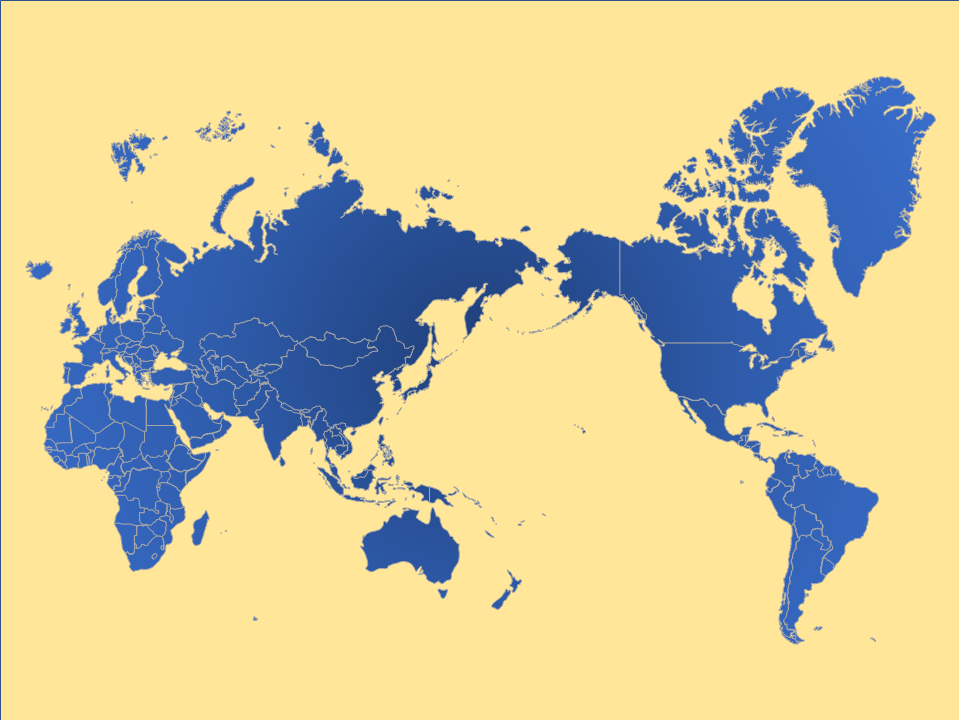Pick Up
806. What Lies Ahead for the Black Sea Grain Initiative

806. What Lies Ahead for the Black Sea Grain Initiative
Russia's invasion of Ukraine last February raised fears of supply chain disruptions from major grain producing and exporting countries, causing food prices to spike in 2022. Since its conclusion last July, the UN-Russia-Ukraine-Turkey Black Sea Grain Initiative, which helped avert a global food crisis by guaranteeing exports of Ukrainian grain, has been extended several times, first for four months and most recently for two months. Shortly before the latest deadline of May 18, Russia agreed to a 60-day extension, including a complementary basic agreement on food and fertilizer exports, which will expire on July 17. Meanwhile, it was also reported that Russia was flirting with withdrawing from the initiative, claiming that the agreement not to impose sanctions on Russian grain and fertilizer was not being honored and that the UN was doing its best to mediate.
On June 20, the UN Secretary-General issued a statement expressing disappointment that delays in censoring food and fertilizer exports under the Black Sea Grain Initiative had caused a drop from 4.2 million tons last October to 1.3 million tons last month.
Noting that the port near Odessa (Yuzhny/Pivdennyi), the departure point for Russian ammonia exports, had not received any transport ships since 2 May, the UN Secretary-General urged the countries concerned to continue their efforts to implement the agreement beyond 17 July.
The UN is concerned that the aborted initiative will depress food supplies on the world market by restricting transport ships from entering and leaving Ukrainian ports. To date, the initiative has exported nearly 32 million tons of grain, including grain for World Food Program (WFP) aid shipments to poor countries.
The UN stressed the importance of the initiative and the continuation of the Memorandum of Understanding with Russia on food and fertilizer exports, including ammonia, at a time when the Ukrainian and Russian harvests are beginning.
Against this backdrop, on June 24, Wagner, a Russian private military company involved in the invasion of Ukraine, reportedly rebelled in southern Russia and at one point marched toward Moscow, but pulled its troops back to avoid bloodshed. Geopolitical uncertainty over the food supply chain remains high.
Contributor: IIYAMA Miyuki (Information Program)
